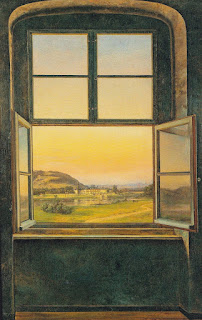Review: 'The 1662 Book of Common Prayer: International Edition'

These great and merciful benefits of God (if they be well considered) do neither minister unto us occasion to be idle, and to live without doing any good works, neither yet stirs us up by any means to do evil things: but contrariwise, if we be not desperate persons, and our hearts harder then stones, they move us to render our selves unto God wholly with all our will, hearts, might, and power, to serve him in all good deeds, obeying his commandments during our lives, to seek in all things his glory and honour - from The Homily of Justification . If one aspect of The 1662 Book of Common Prayer: International Edition , edited by Samuel L. Bray and Drew N. Keane, captures the character of the project, it is the inclusion of The Homily on Justification in the Appendices. Now, this is not to make a conventional, straightforward point about Cranmer, the Prayer Book and the Reformation's sola fide . Rather, I am suggesting a slightly different emphasis. ...











